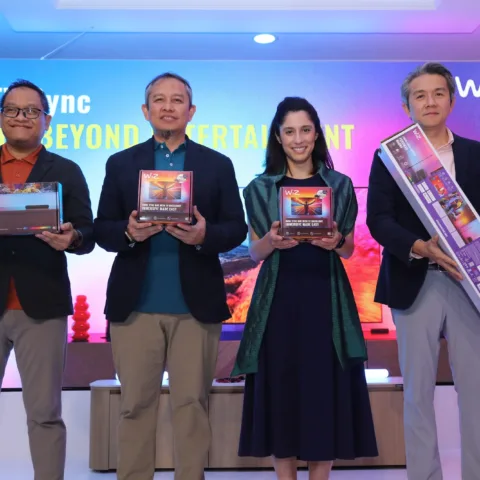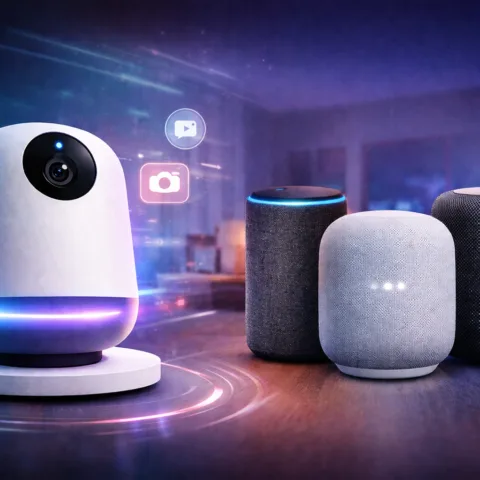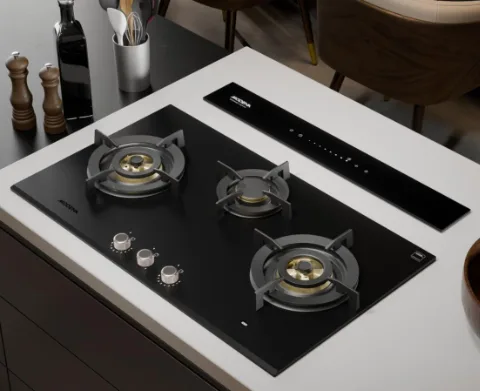During the past two years, various e-commerce sites have set up shop in Indonesia, some being multinational companies setting up a branch here, some being joint ventures, and some local players as well. The objective is pretty clear – to enable sales of anything imaginable via the internet, to reach a larger amount of customers while increasing the level of convenience for them as they do not have to take the effort of going to a store. Although Indonesia may not yet reach the level of e-commerce like in some other countries, where they even sell fresh produce of the internet, it is pretty clear that these e-commerce sites are here to stay.
Bhinneka, arguably one of Indonesia’s e-commerce pioneers, started out with purely computer products and has expanded to gadgets and office supplies (to name a few). Multiply has switched from a blog and social network into an e-commerce enabler, turning unofficial members who sold just about anything via their Multiply pages into official ‘stores’ by providing easy-to-use payment gateways and facilitating logistics for deliveries. Some players like Zalora attempt to offer products for certain niches (of products, and of customers), while others like Blibli and Rakuten Indonesia offer something for everybody.
While some say that the accumulative amount of transactions is currently still very small but has great potential, there is another thing that is vital for these e-commerce sites to keep growing – seeing e-commerce as an entertainment experience. We live in such consumerist times, and Jakarta arguably has the most malls in Southeast Asia – Indonesians love to shop.
Mall building is a booming business because there apparently is never enough capacity for existing malls to accomodate the droves of people wanting to spend time there (and most likely, shop for something). We can say that the high flow of people to malls in Jakarta is because there is a lack of alternative public spaces, but if you take a look at whatever parks we have, and street sides, a lot of it is also used for selling stuff.
Commerce as an entertainment method has lived on from pre-independence times in Indonesia; there is even a special word for it – “jajan”, which essentially means shopping or buying stuff, usually for entertaining oneself. It applies to buying food and snacks but the habit has spread across the commercial spectrum. Impulse buying remains real, at least in Jakarta.
There is something to be said about the e-commerce experience from a buyer’s perspective: searching online and finding the multitude of stuff same or similar to what you are looking for; deciding on a purchase (after doing research on the product, even on the seller); paying via online payment and finally receiving the ordered item at home.
Amazon understands this process by heart – the product search is easy, the product recommendations are relevant, paying is a breeze (well, at least for those in Amazon operating countries, as some sellers still refuse credit card payments from Indonesia), and the ordered product arrives in a nice Amazon box, with Amazon wrapping, creating a natural emotional climax for the buyer.
After days (maybe weeks) of researching a product, selecting one and paying for it online, there is a certain joy to when the order almost magically arrives at your doorstep, waiting to be opened. Now that’s entertainment, where the stories may vary per transaction, yet the buyer will reach the same level of happiness when the product finally arrives.
There is a downside to e-commerce – the high entertainment value can quickly turn into a negative experience, if shipments arrive later than promised (if at all), or the product received is not as advertised.
TV home shopping has been relegated to this – some still purchase products from TV home shopping channels, but the general sentiment is that stuff sold there are useless, of low quality and overpriced. Online stores don’t have the limitation of 24 hours a day to advertise; they can promote a virtually limitless amount of products to the right people without breaking a sweat. But if the computer you ordered arrives broken or damaged, it is more likely that you will never shop there again, regardless of any replacement or delivery policy.
Great entertainment provides joy or provokes thought, and e-commerce, if done right, can provide both, and can provide it for you on-demand, any time you want, for any product you like. The story is yours to create – and it’s up to you which site can provide you with the best entertainment experience.
 Ario is a co-founder of Ohd.io, an Indonesian music streaming service. He worked in the digital music industry in Indonesia from 2003 to 2010, and recently worked in the movie and TV industry in Vietnam. Keep up with him on Twitter at @barijoe or his blog athttp://barijoe.wordpress.com.
Ario is a co-founder of Ohd.io, an Indonesian music streaming service. He worked in the digital music industry in Indonesia from 2003 to 2010, and recently worked in the movie and TV industry in Vietnam. Keep up with him on Twitter at @barijoe or his blog athttp://barijoe.wordpress.com.










